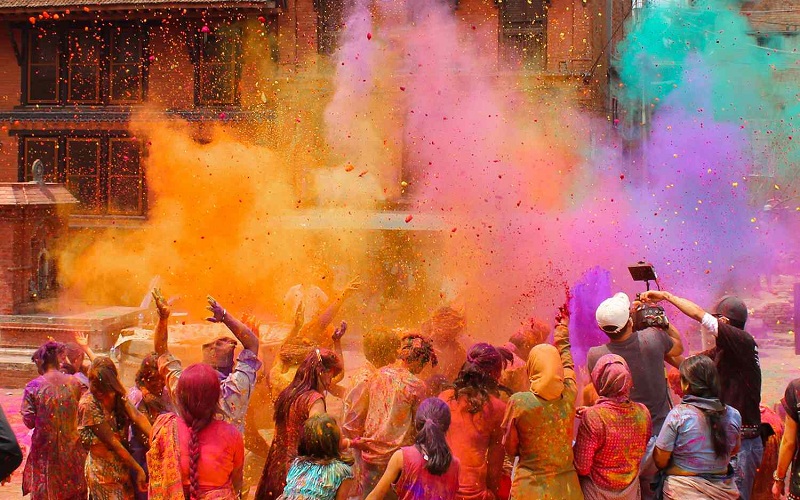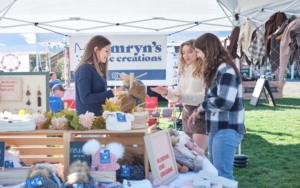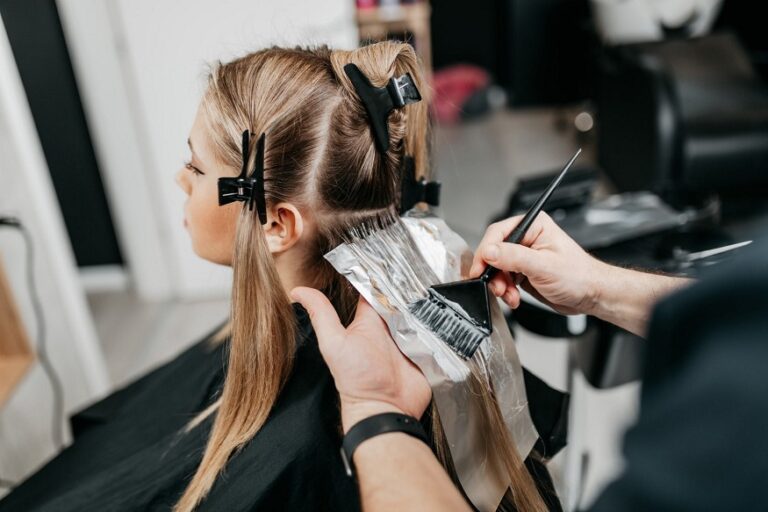New Brunswick communities are bustling with events and tourism during the summer and fall months. Here are some tips to help keep your events safe and well-managed.https://stylistlifestyleblog.com/
It was Benjamin Franklin who said, “By failing to prepare, you are preparing
Your plans should consider event security, how to handle emergencies (including medical incidents), evacuation protocols, and procedures for contacting the appropriate authorities.
Training of staff and volunteers
Ensure all staff are properly trained to understand their assigned duties and responsibilities prior to the event.
Implement written policies and procedures as they will provide structure to your event.
Hold daily meetings between staff and volunteers before the event begins to ensure everyone is on the same page and to provide opportunities for continuous improvement.
Ensure your staff and suppliers work alongside the police on safety and security procedures and receive training from the police on when to contact security.
If employees or volunteers handle money or work with minors, the elderly or people with disabilities, make sure they undergo a criminal record check and a vulnerable sector check.
If staff or volunteers drive vehicles or equipment, they must provide a driving record, have the appropriate license class, and be able to safely operate the vehicle or equipment.
Finally, it is recommended that all volunteers enter into a volunteer agreement, much like an employment contract. This type of agreement should be drafted by a lawyer and contain information such as the volunteer’s responsibilities and limitations as well as specific information regarding workers’ compensation, other benefits, honoraria, and any other information that is essential given the tasks that the volunteer will be performing.
Canoe Insurance has developed a Volunteer Toolkit to assist our members in reviewing and managing volunteers. Please contact your Risk Management Advisor for more information.
Pre-site inspection and safety planning
Having a proper checklist in place for pre- and during-event inspections will enable your staff to identify and rectify any potential hazards.
Inspect all areas open to the public/participants and spaces reserved for your staff and vendors.
Inspect pathways, seating areas, grandstands, parking lots, sidewalks and stairs to ensure they are free of obstacles. Focus on tripping hazards, as well as potential electrical and fire hazards.
Properly document all potential hazards detected and act promptly to eliminate/reduce them. Post warning signs in prominent locations or close these areas until these hazards are eliminated.
In the event of an incident, respond appropriately to assist affected personnel or participants. Report all incidents to appropriate personnel. Maintain a proper record of the incident and take photographs as needed to document the event.
Please contact a Canoe Insurance Risk Management Advisor for incident report checklists and forms: jonathan@canoeinsurance.ca
Crowd Management
Crowd management is important, especially for events that have a capacity limit and large public gatherings for live events (music, parades, rodeo, etc.). Good crowd management includes:
Posting clear signage, traffic barricades and sharing rules so that all participants can easily understand.
Ensure clear communication and cooperation with local police to monitor and intervene when necessary.
Having a plan in place with steps to take to de-escalate or disperse any unruly crowds will help your staff deal with such incidents.
Parking management and signage
Make sure your event has enough parking for all attendees, including those who require designated disabled parking.
Have appropriate and legible signage to direct pedestrian and vehicular traffic and where to enter and exit.
Designate parking lanes for emergency vehicles in case of need, as well as an emergency evacuation plan for vehicles.
Post signs to direct participants to trash cans, recycling bins, restrooms, and the main tent/information center.
Licensed food and alcohol vendors, insurance
Ensure that all food vendors are properly licensed by the province with respect to safe food handling practices and/or by Alcool NB for their alcohol service operations.
Also obtain a copy of their certificate of insurance with an endorsement naming your organization and the municipality in which the event is taking place listed as additional insureds.
Fire extinguishers must be available when vendors use open flame or propane appliances as part of operations. Always keep a source of water nearby to help extinguish fires.
Please consult your local fire chief regarding any active fire bans in your event area.
Vendors can also purchase special event insurance through IRC (Instant Risk Coverage). Please contact your Canoe Insurance Member Service Representative for more information on the IRC – Special Event Insurance plan.
Avoid overpasses, construction zones and set up roadblocks to ensure the safety of spectators and parade participants. Ensure the route does not obstruct emergency services routes and always check that the parade is permitted on the roads of the relevant authority. Do not allow other vehicles to obstruct the parade route.
Find safe locations for assessment platforms, first aid, emergency towing vehicles, ambulances, grandstands and observation areas.
Consider establishing guidelines for what can be given to spectators regarding prizes or candy. Never throw objects from vehicles, it is safer to have people walking around handing out treats to spectators.
Adequate supervision must be provided if there are large groups of children (i.e. scouts) participating in the parade.
Ensure all operators are experienced and qualified to operate vehicles and equipment in the parade. Operating any equipment and automobiles while under the influence of alcohol or other intoxicating substances is illegal and prohibited.
By law, all automobiles driven on the road must have liability insurance, obtain insurance certificates from all vehicles participating in the parade. Ensure that operators have the necessary qualifications and experience to operate the equipment and vehicles.
All participating animals must be calm, supervised, and well-trained. Avoid scaring animals by keeping them away from loud noises such as sirens, horns, tape, and loud exhaust. Ask sanitation crews to clean up after animals promptly.






















+ There are no comments
Add yours